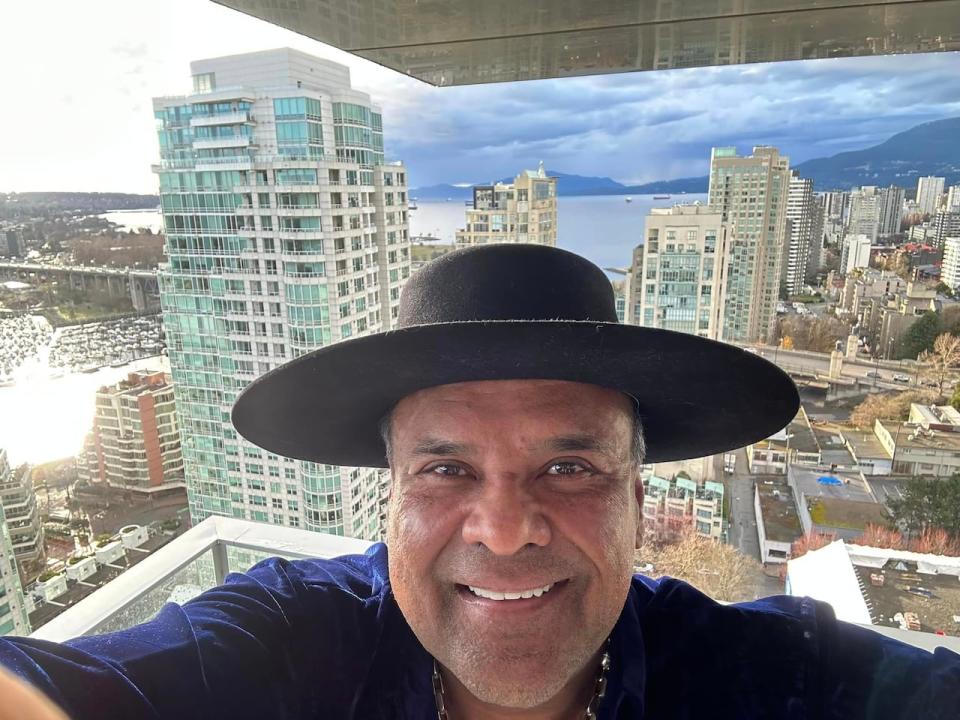More details emerge about scale of alleged fraud by suspended Denesoline CEO

Suspended Denesoline CEO Ron Barlas designed contracts which gave him the power to bankrupt the company "at his whim", lawyers for Denesoline owner Łutsel K'e Dene First Nation alleged in Northwest Territories Supreme Court on Friday.
It was, they said, just one of a long list of actions Barlas took over his time as CEO of Denesoline which were contrary to the best interests of the company – and the people it was created to help, members of Lutsel K'e Dene First Nation (LKDFN).
The First Nation's claim rests on proving that Barlas "acted oppressively" towards LKDFN members, or unfairly disregarded their interests.
They argued that, if the court finds Barlas did meet that threshold, Canadian corporate law gives the presiding judge "broad discretion" to make orders to remedy the damage.
They are asking justice Karen Shaner to permanently remove Barlas as Denesoline CEO and order him to pay back all the money he took from the first nation.
They also want three properties he is alleged to have bought with Denesoline money to be put in a trust.
They argue that Shaner has enough information to make those orders based on the written evidence alone, saying that because so much of the case rests on financial documents and Barlas's own emails, a trial isn't necessary.
On Friday, LKDFN lawyers spent the bulk of the day going over evidence they have gathered to support their claim.
The evidence was presented by lawyer Matthew Sammon.
The joint venture
Sammon has said that much of Barlas's self-dealing was related to what he called a "sham" joint venture agreement Barlas created 2016 between Denesoline and Northern Consulting Group, a company owned by his wife.
Northern Consulting Group was solely registered and owned by Barlas's wife Zeba, but Sammon alleged that Barlas said under cross-examination that his wife wasn't very involved, and described the agreement as part of his compensation for his work with Denesoline.
By 2017, the joint venture entitled Northern Consulting Group to half of the profits from Denesoline's major contracts, Sammon said.
In the fall of 2018, Barlas made changes to the agreement, Sammon said. The new agreement dictated that if either Denesoline or Barlas's family company bowed out of the joint venture, Denesoline would have to pay out $4.25 million to Northern Consulting Group.
The payout was structured as a secured debt, essentially giving Barlas, through Northern Consulting Group, a stake in all Denesoline's assets.
"These contracts were designed to put him in a position to, at his whim, bankrupt the company," Sammon alleged.
Later in 2020, Denesoline paid Northern Consulting Group a lump sum payment for $3.25 million dollars under the same joint venture.
The aeroponic farm
Another "particularly cynical" act of self-dealing from Barlas, Sammon said, related to the purchase of an aeroponic farm in 2017.
Barlas bought the aeroponic farm under one of the Barlas family companies, Equipment North, for $160,000, according to evidence from Equipment North financial records, Sammon said.
A couple months later, he sold it to Denesoline, purportedly so the community could use it as a year-round garden to help alleviate food insecurity.
The sale price was well over $300,000. Barlas, by his own report in Equipment North financial documents, made over $100,000 in profit over the deal, Sammon said.
But the farm never made it to Łutsel K'e, Sammon alleged. It was instead transferred into the keeping of Barlas's friend and real estate agent in B.C., so he could use it to set up a business supplying produce to restaurants.
Later, Sammon said, Barlas permanently transferred the ownership of the aeroponic farm to the friend, recording it as severance for the termination of his employment with Denesoline.
The man had purportedly been on the payroll to look for real estate opportunities.

Ron Barlas is accused of funneling $11.5 million from Denesoline into companies owned by his family. (Ron Barlas/Facebook)
Sammon also pointed to a $47,000 invoice Northern Consulting Group sent Denesoline in 2015, which Barlas said during cross-examination was compensation for phone calls he had with a friend who owned a call centre about possible opportunities to open one in Łutsel K'e.
According to Sammon, Barlas said he spent 20 hours speaking about this with his friend, meaning he charged a rate of over $2000 per hour for the call.
Sammon alleged that Barlas continued to send similar invoices from his companies throughout his time at Denesoline.
Sammon alleged on Wednesday that Barlas appropriated about $11.5 million from Denesoline overall through his companies, not including his salary, bonuses, or charges he made to company credit cards.
Barlas's lawyers will present their arguments on April 2.
Barlas was suspended as Denesoline's CEO by a court injunction last year. The injunction also froze his assets, though he still has access to an allowance of $15,000 per month for expenses until the case is resolved – equivalent to $180,000 a year.


